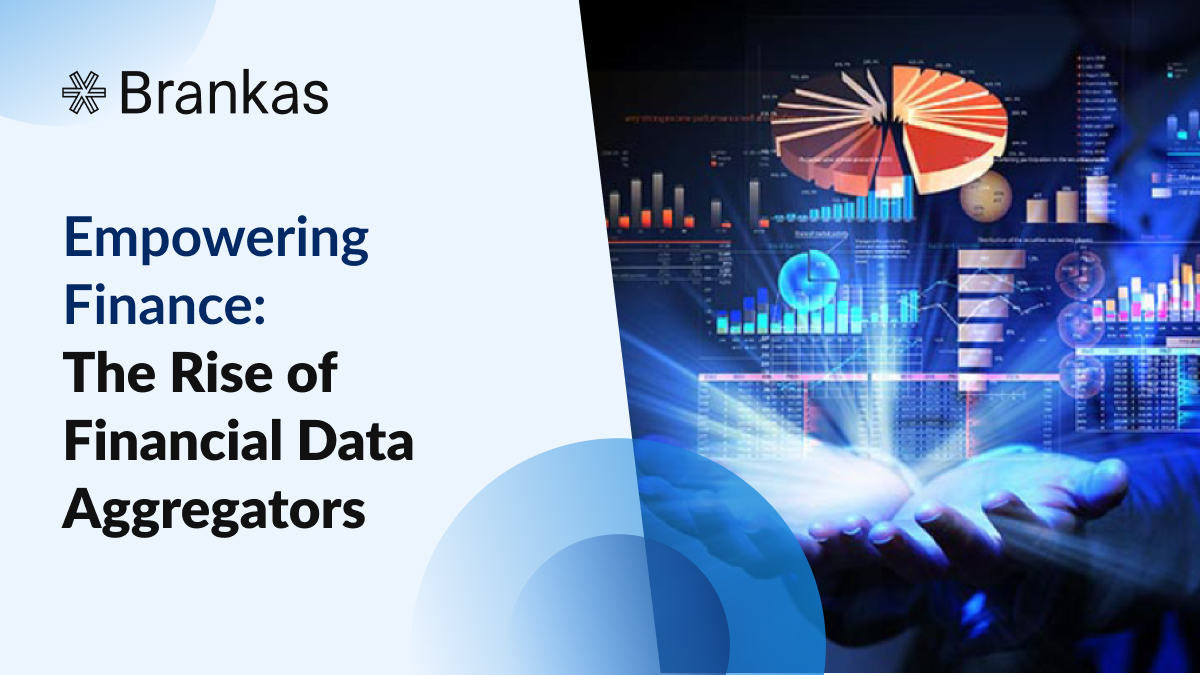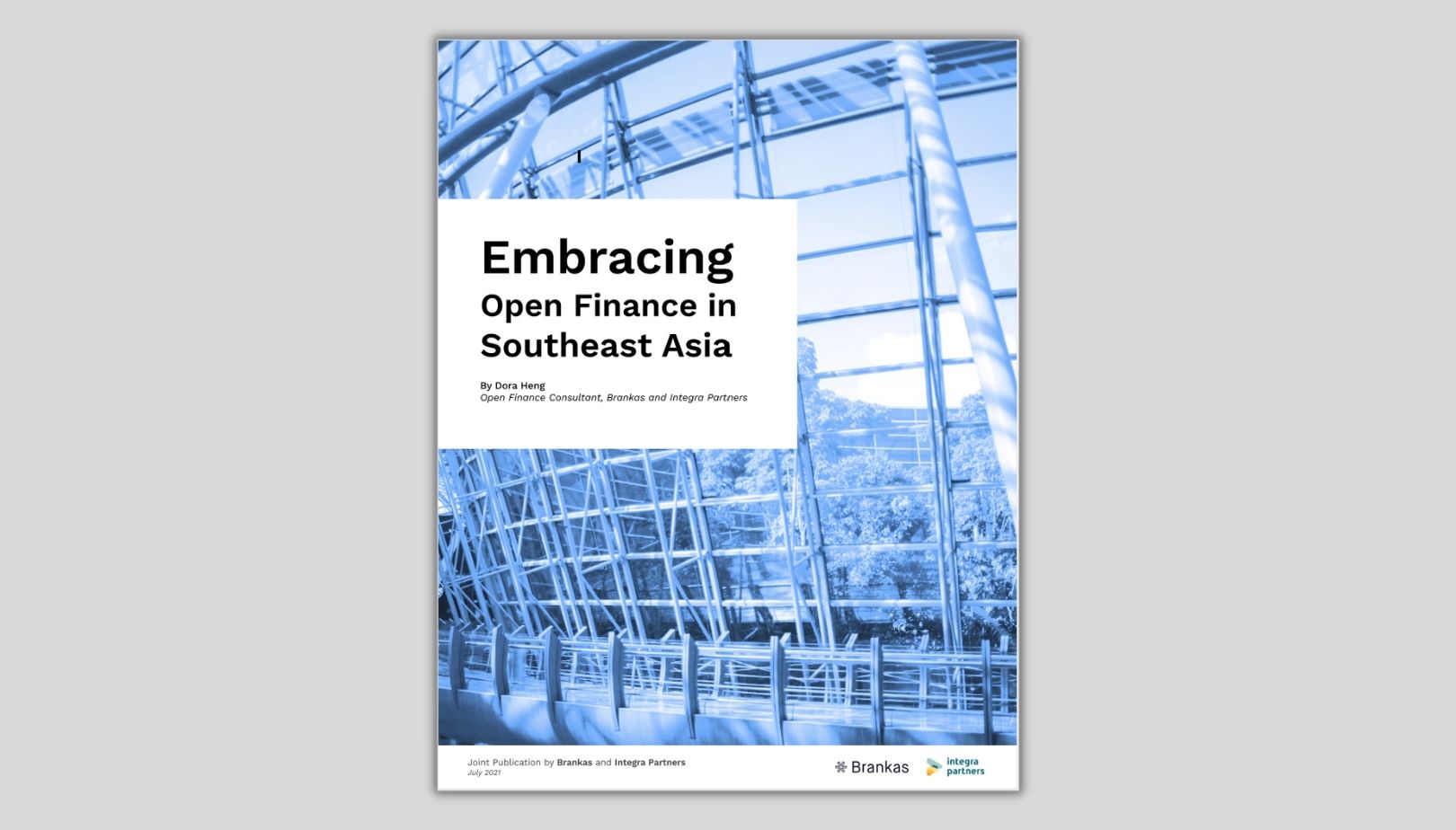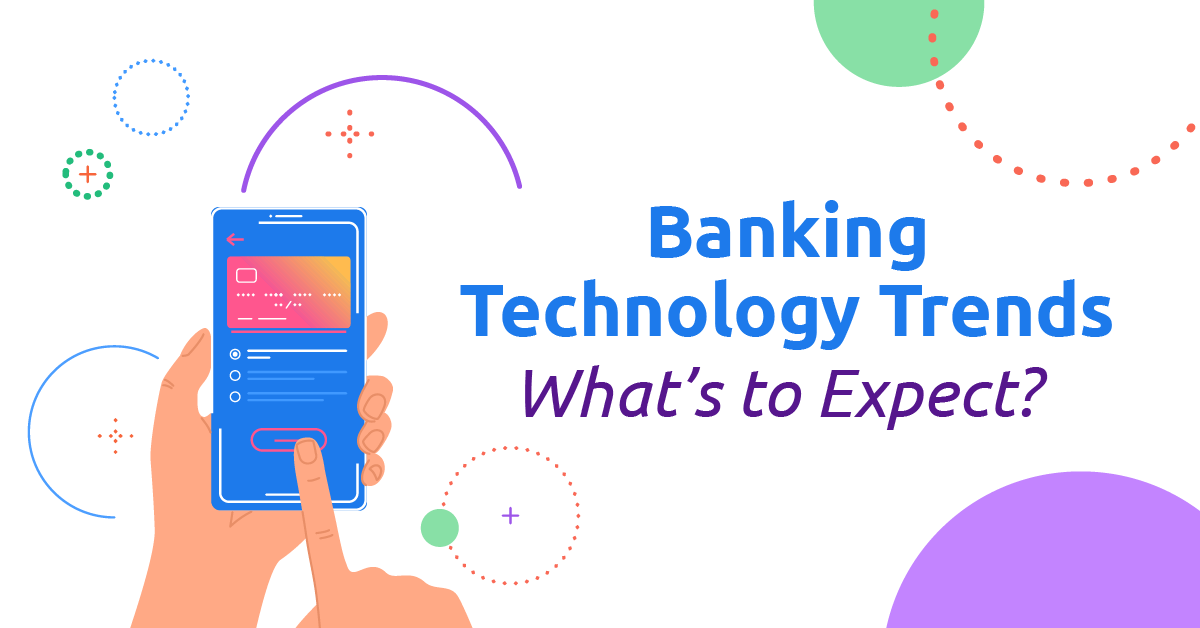
A new player has emerged in modern finance that is shaping the way we manage and understand our financial lives – Financial Data Aggregators. What are financial data aggregators, and why do they matter in an increasingly digital financial landscape?

COVID-19 pandemic has accelerated the importance of digitalisation as banks look to serve their customers in new ways during lockdowns and quarantines while customers are increasingly looking to access financial products and services on their own terms and on their own devices. With open banking technology, open finance; permissioned data-sharing are enabled to service a wide range of financial products and services. Key concepts and definitions of open finance are discussed in this paper, expanding to how banks can benefit from open finance.
In this white paper, discussions on:
Download the white paper today!
Join us in the upcoming webinar as we discuss the the recently joint published white paper titled Embracing Open Finance in Southeast Asia. We will cover:


A new player has emerged in modern finance that is shaping the way we manage and understand our financial lives – Financial Data Aggregators. What are financial data aggregators, and why do they matter in an increasingly digital financial landscape?

Technology is advancing faster than ever before that is why banks needs to step up their game on the technology side. Here are the latest trends and what to expect.